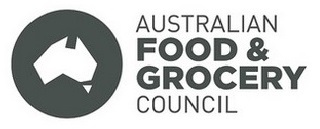Retail Ready Packaging Toolkit - Edition 3
Recently the retail trade have reinvigorated and escalated the introduction of shelf ready packaging (SRP) formats within their respective businesses. SRP being the term used for transit packaging which can be used to display products on a shelf without removing the product from the container.
The ECRA Board endorses this updated and streamlined toolkit, focusing on shelf ready packaging.
Click here to download your free copy of the Toolkit
Click here to download SRP checklist
Click here to download Instore Audit checklist
Click here to download Financial & Sustainability Business Case Tool
Click here to download Financial & Sustainability Instructions
Click here to download the Trouble Shooting Guide for Shelf Ready Packaging

 Share Article
Share Article 